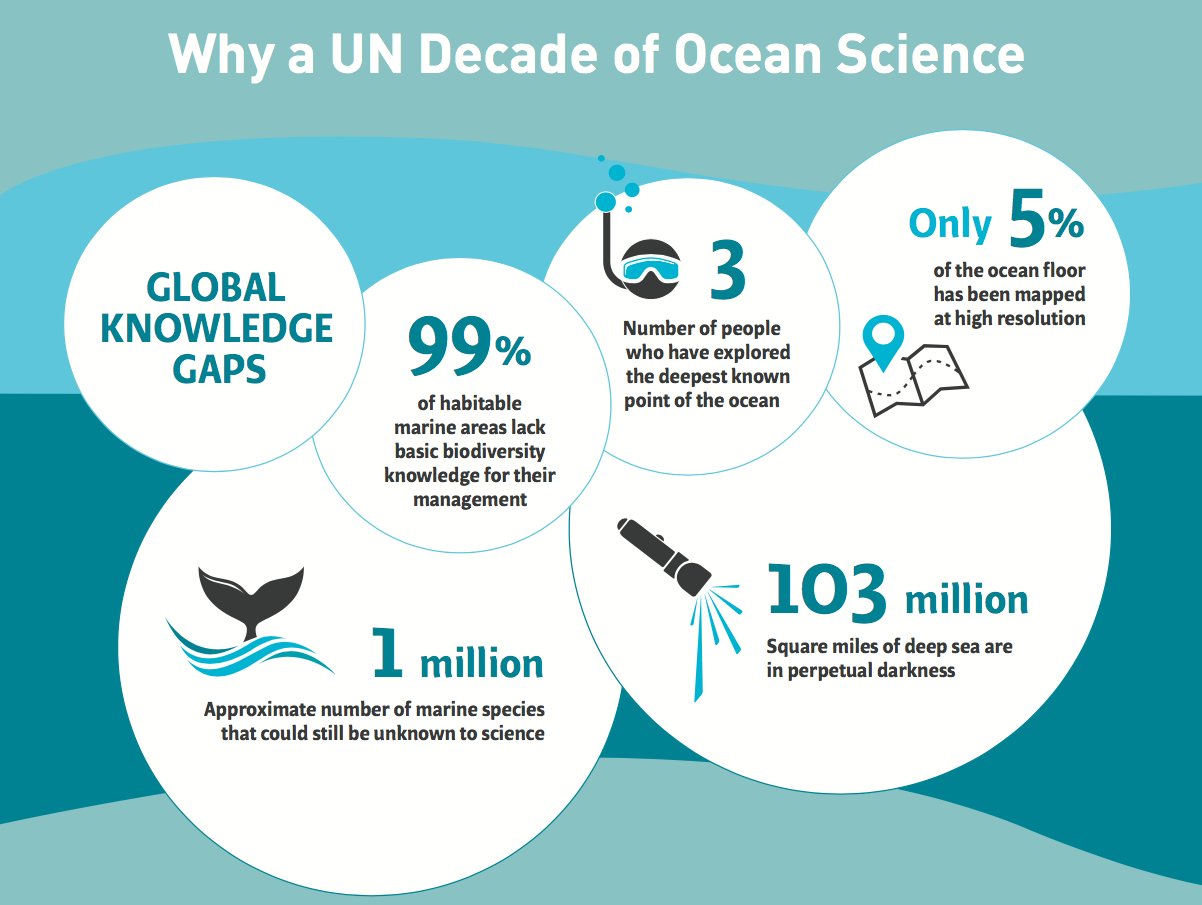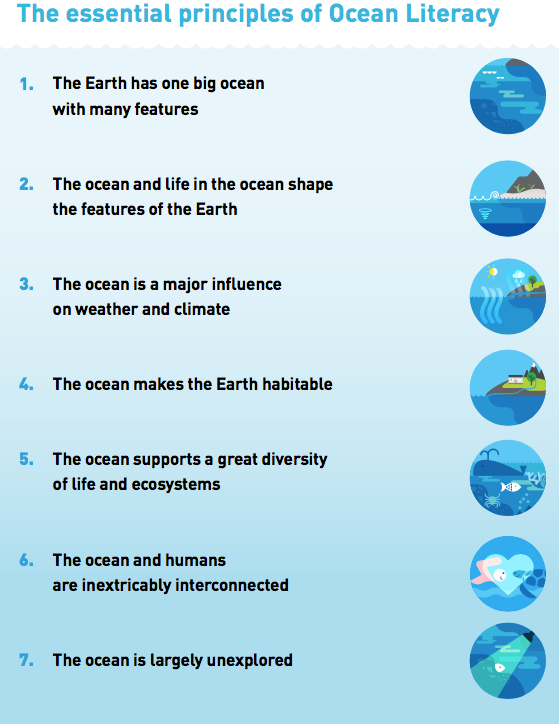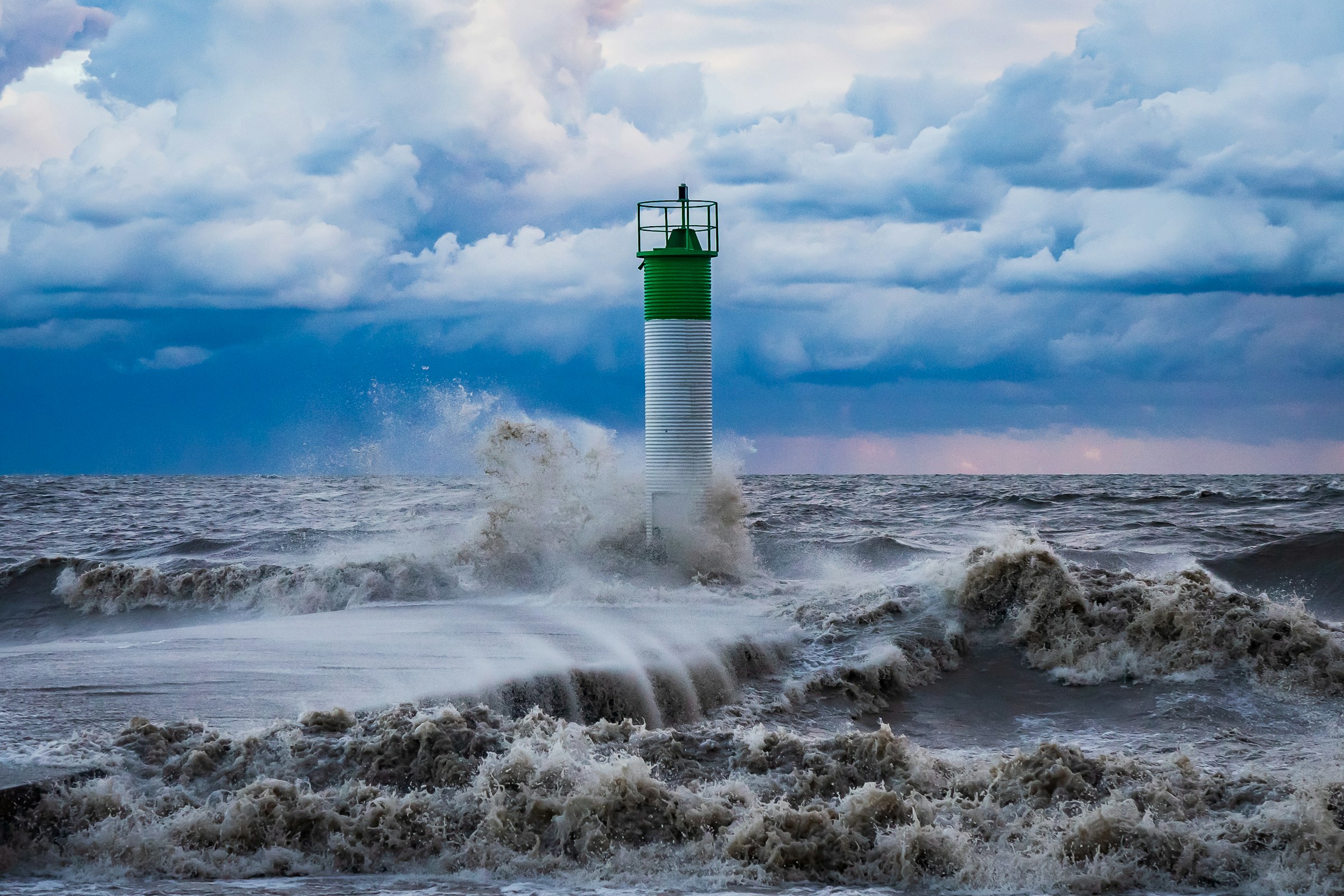Enlarge

Today, 60% of the oceans are outside the borders of national jurisdiction.This implies a shared international responsibility and ocean governance is growing therefore in importance. Currently at the forefront of ocean governance, Maritime Spatial Planning (MSP) is a process that consists in regulating human activities in maritime areas to achieve ecological, economic and social objectives in order to prevent conflicts between sectors of activity and to promote international cooperation.
“The use of the ocean has changed; the intensification of maritime activities in coastal waters”, explains Francesca Santoro, Programme Specialist at IOC – UNESCO, “requires the establishment of such ecosystem-based planning. Traditional activities, such as fishing and navigation, in addition to more recent practices that have arisen in the last decades, such as tourism, offshore aquaculture or renewable marine energies production, can lead to overexploitation of resources, decline in the health of the marine environment as well as conflicts between different users.”
Maritime spatial planning will further promote the sustainable development and growth of maritime and coastal economies and the sustainable use of marine and coastal resources. In this sense MSP has a key role in implementing Agenda 2030 for Sustainable Development, in particular the dedicated goal SGD 14, and can be an important means to achieve global ocean governance goals.”It’s a process consisting in a first phase in which marine planners and experts identify the current and potential future uses and activities at sea”, Santoro says, “followed by a process of consultations among all the relevant stakeholders: the MSP is in fact a highly participatory process involving all marine users.“
Working towards the ambitious objective of tripling the surface of territorial waters benefiting from maritime spatial planning by 2025, i.e one third of the total surface area of waters under national jurisdiction, the IOC of UNESCO and the Directorate-General for Maritime Affairs and Fisheries of the European Commission (DG Mare) adopted on March 24th, 2017, a “Joint roadmap to accelerate maritime/marine spatial planning processes worldwide“.
The roadmap, a practical outcome of the Second International Conference on Maritime/ Marine Spatial Planning (MSP), identifies common challenges and proposals for actions to be implemented in the coming years, reaching out for collaboration with other UN bodies and Member States. MSP practices are typically developed at national level, but the international community is currently focusing in particular on cross-border or transboundary marine spatial planning, working for cooperation in the marine shared areas among neighbouring countries.
Enlarge

Knowing and understanding the ocean’s influence on us, and our influence on the ocean: this is the essence of ocean literacy, another key tool for ocean governance. “The role of ocean literacy”, Santoro states, “is essentially to “translate” the scientific information on the ocean while providing to educators and policy makers worldwide the innovative tools, methods, and resources to understand the complex ocean processes and functions and, as well, to alert them on the most urgent ocean issues. The aim is to foster the creation of an ocean-literate society able to make informed and responsible decisions on ocean resources and ocean sustainability.”
Understanding the social role of ocean sciences for sustainable development is also at the core of the United Nations Decade of Ocean Science for Sustainable Development (2021-2030) initiative. “Unfortunately ocean management and governance are still not sufficiently based on reliable and robust scientific knowledge. The UN Decade of Ocean Science aims at creating more efficient mechanisms for scientific knowledge transfer in the decision-making processes. All nations need scientific solutions to achieve the 2030 Agenda”. The Decade, for example, will bolster ocean observing systems for all major basins; strengthen early detection systems to reduce vulnerability to ocean and coastal hazards, such as tsunamis, inundations, storms, hurricanes – increasing in number and intensity due to climate change; measure cumulative impacts for effective solutions; deliver best available knowledge to decision-makers; and accelerate the transfer of marine technology, training and education.






